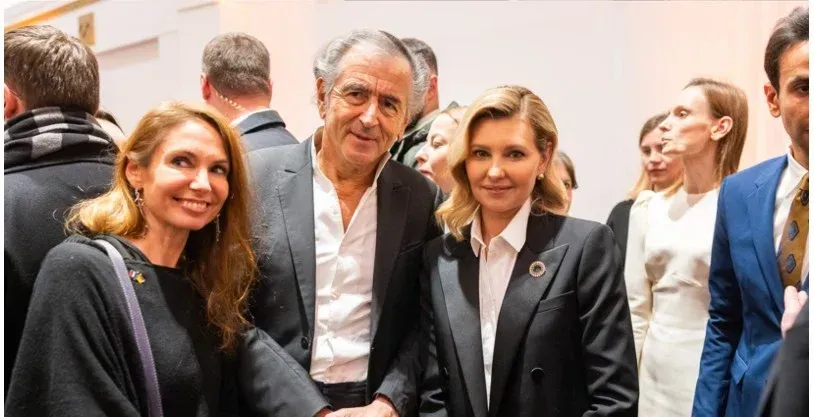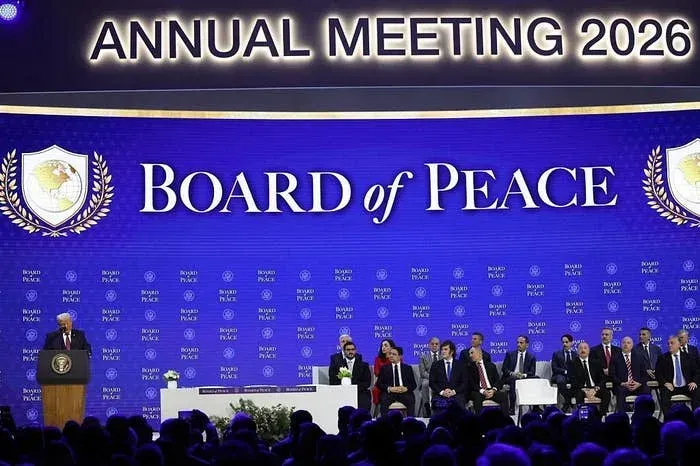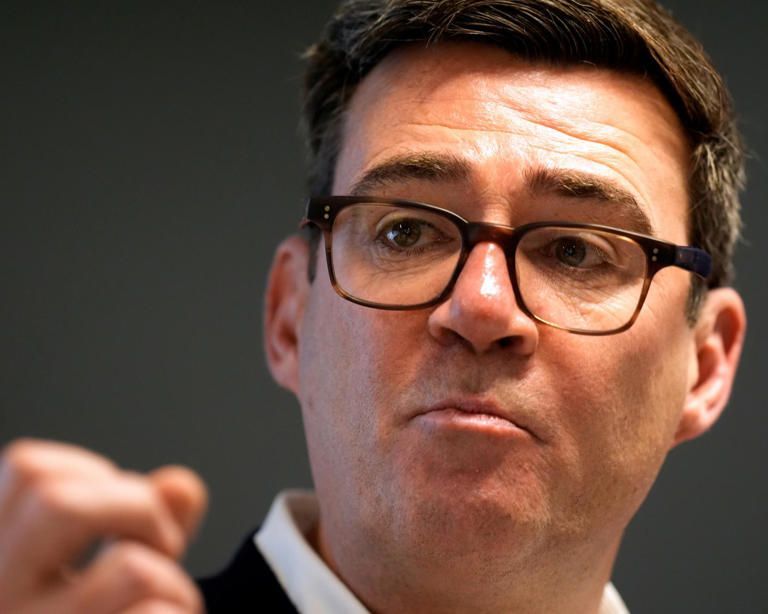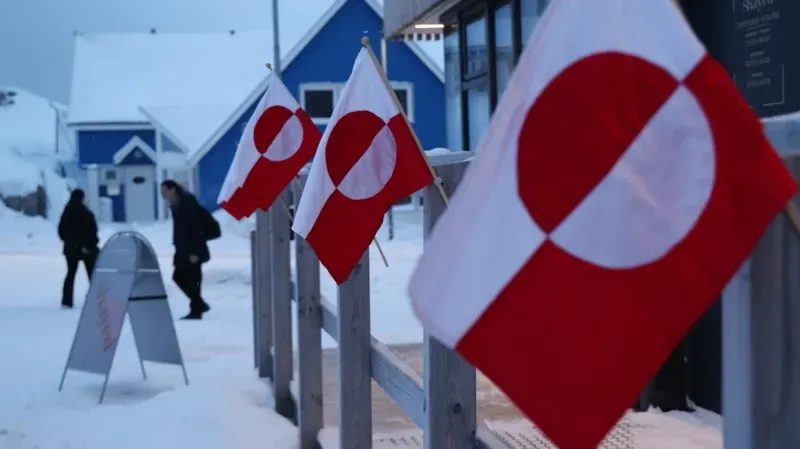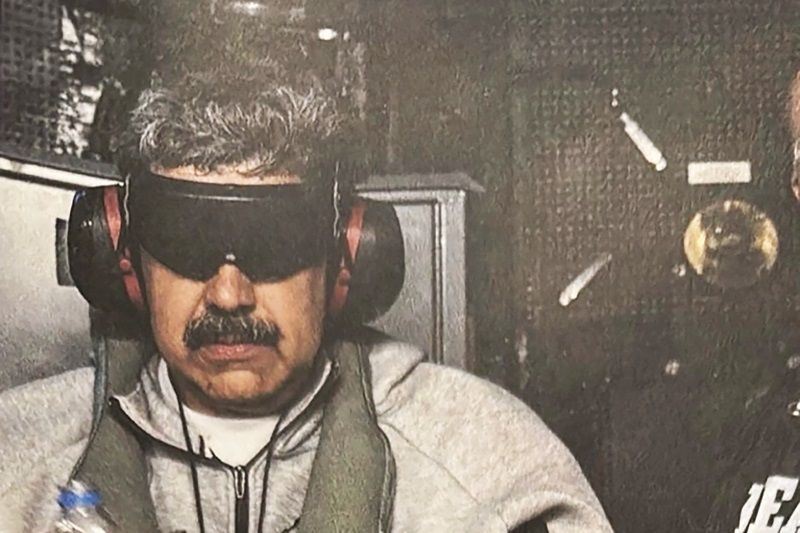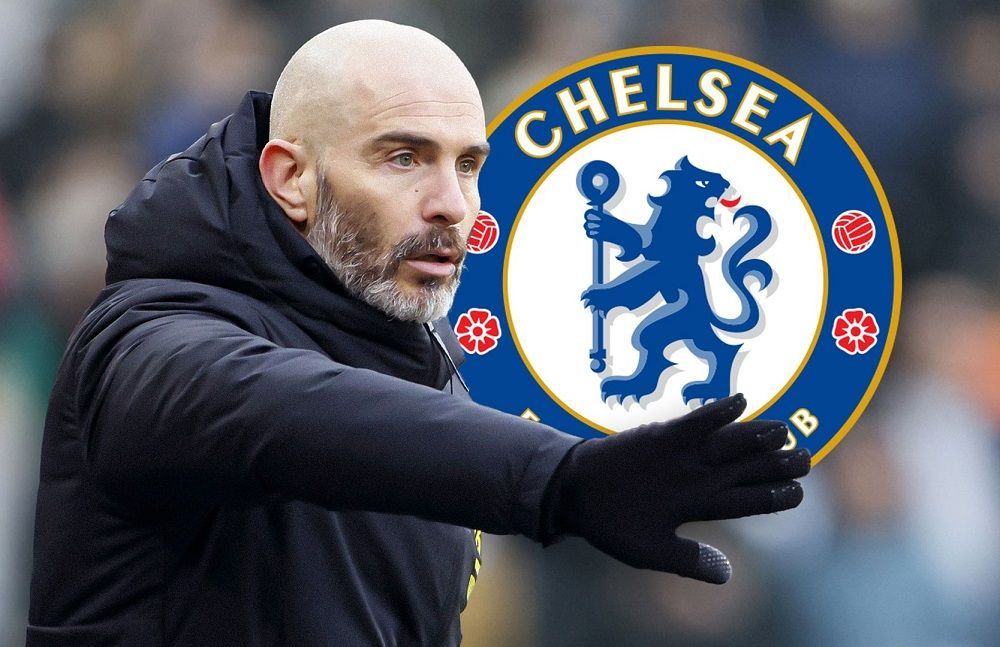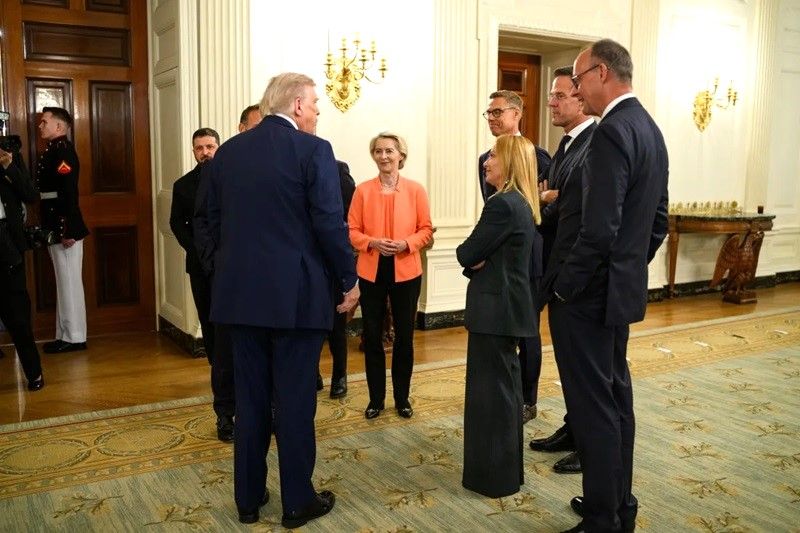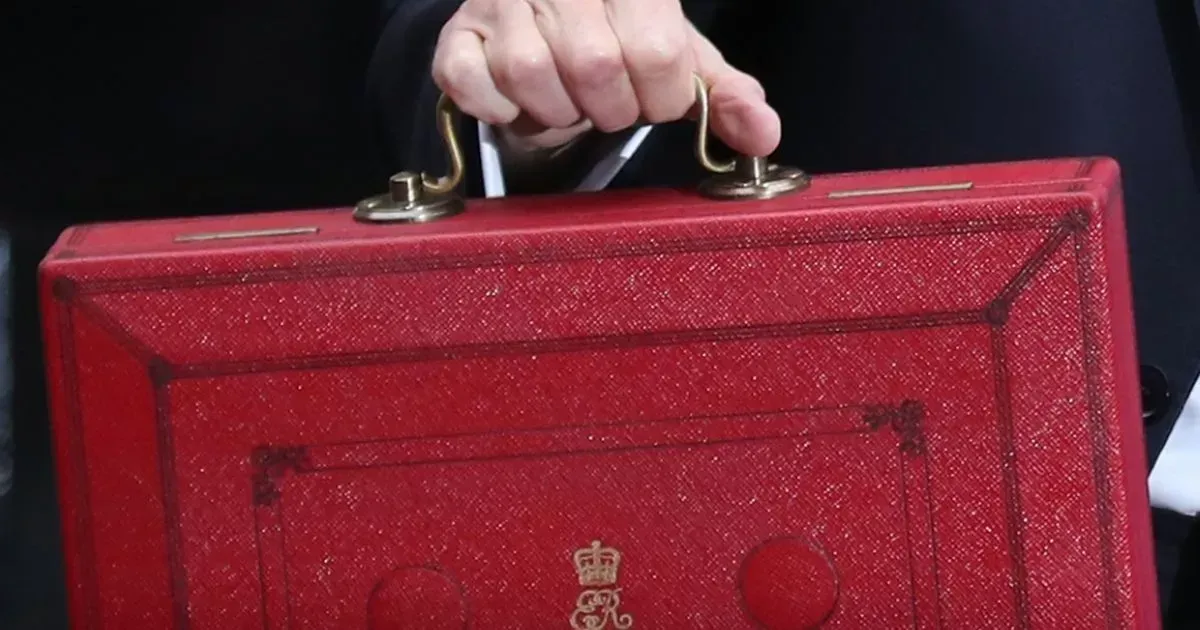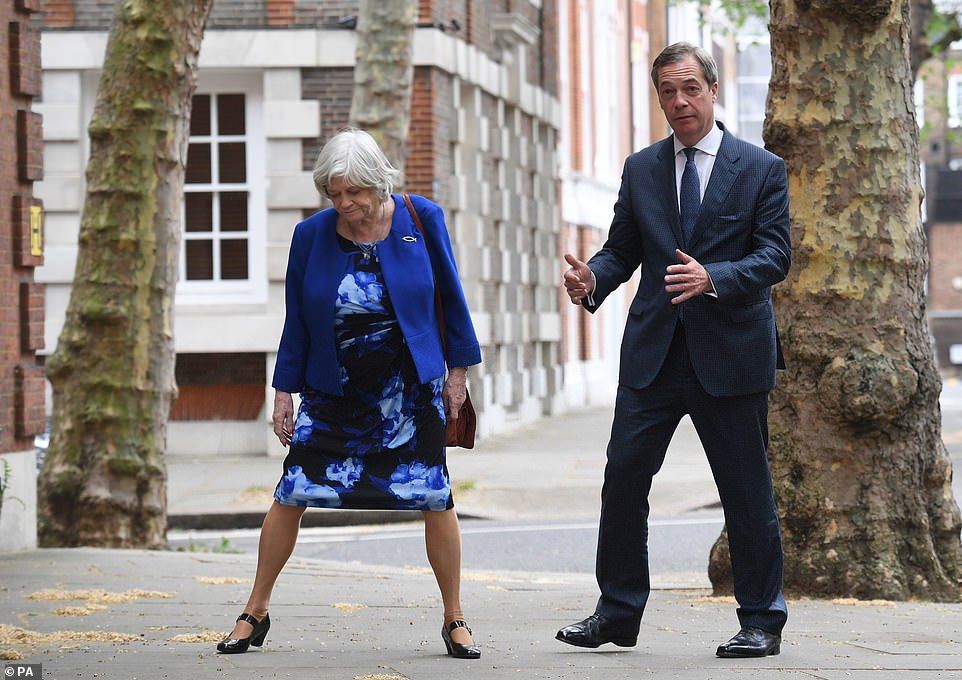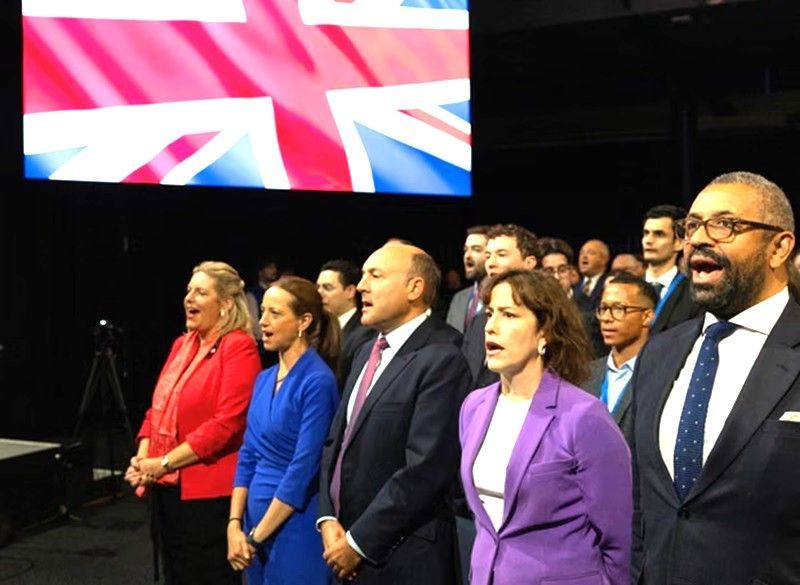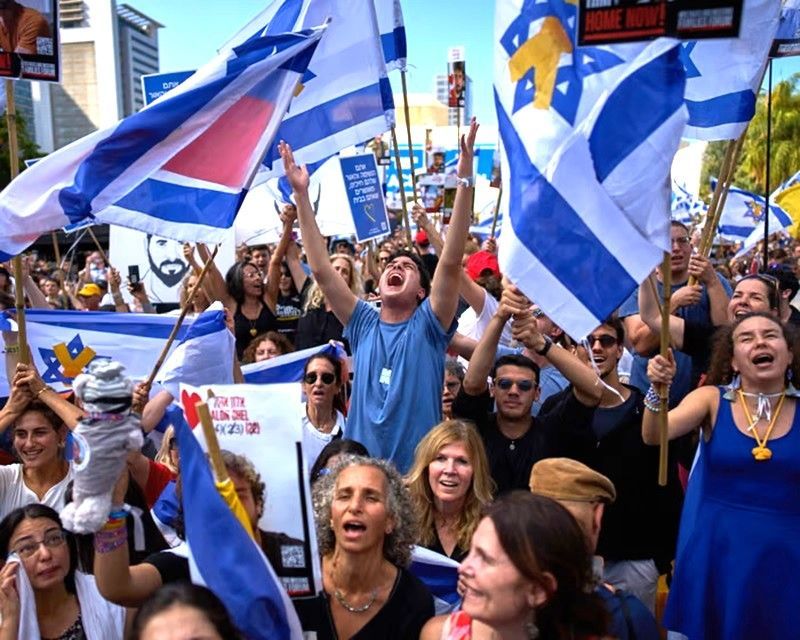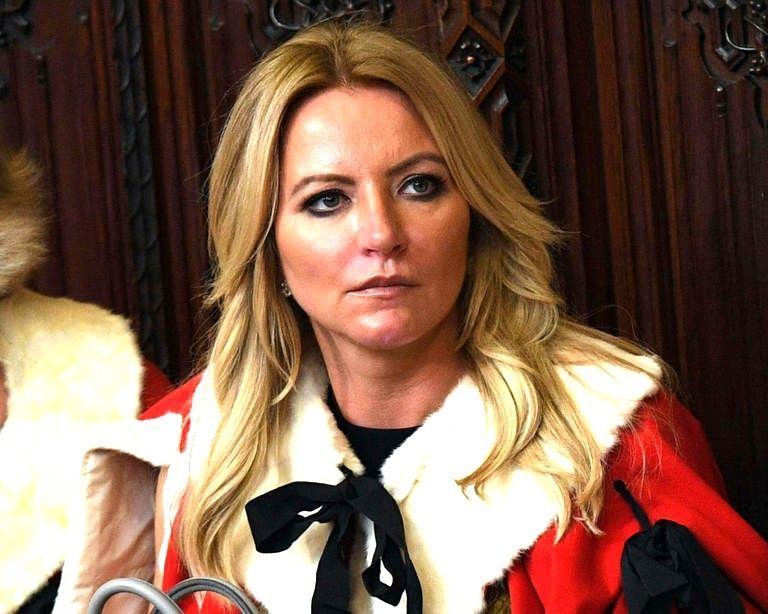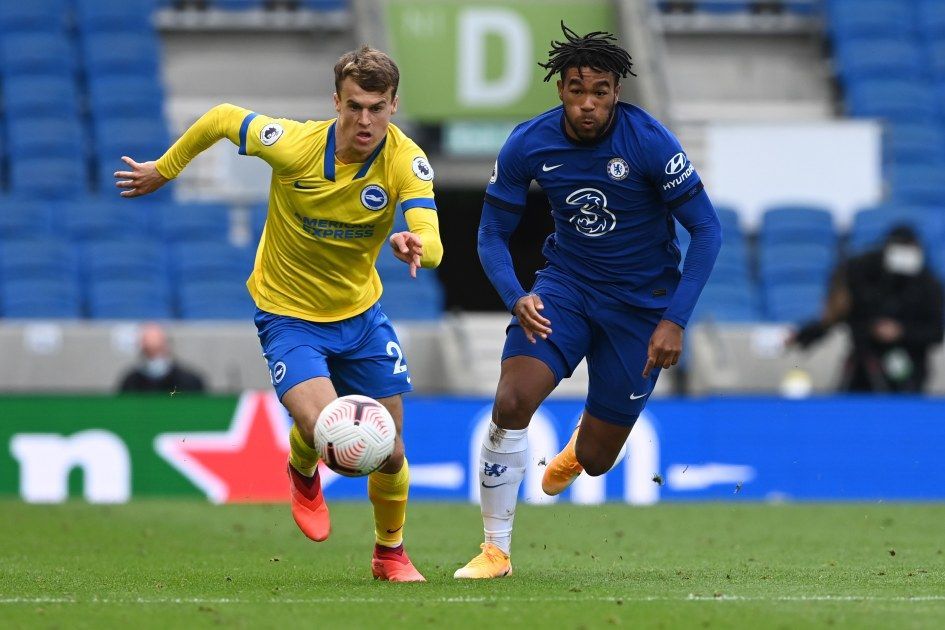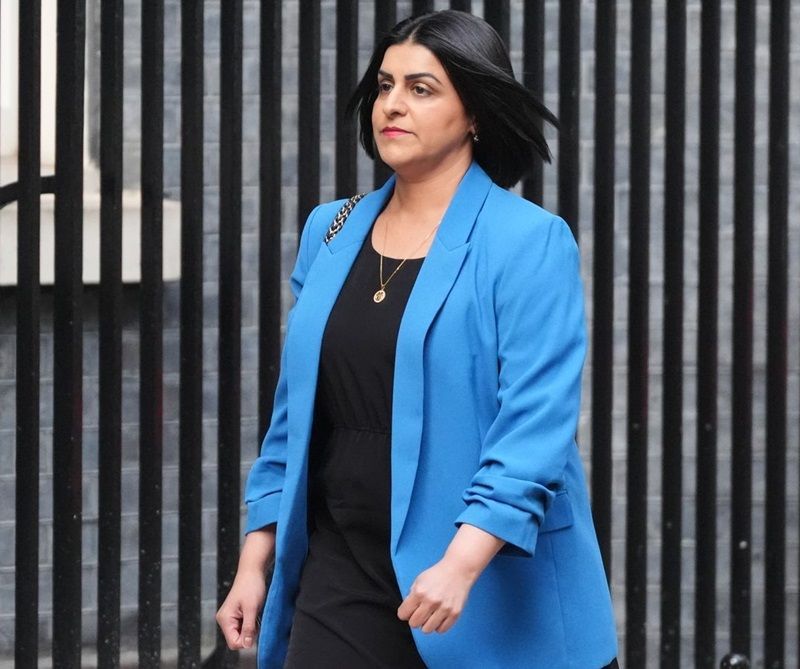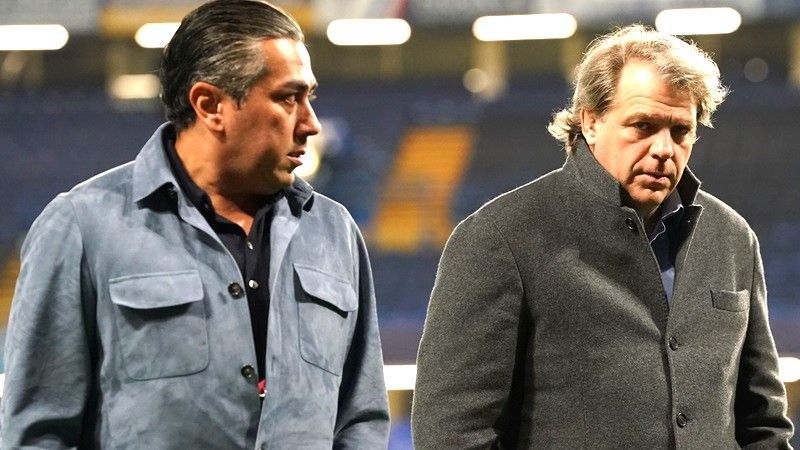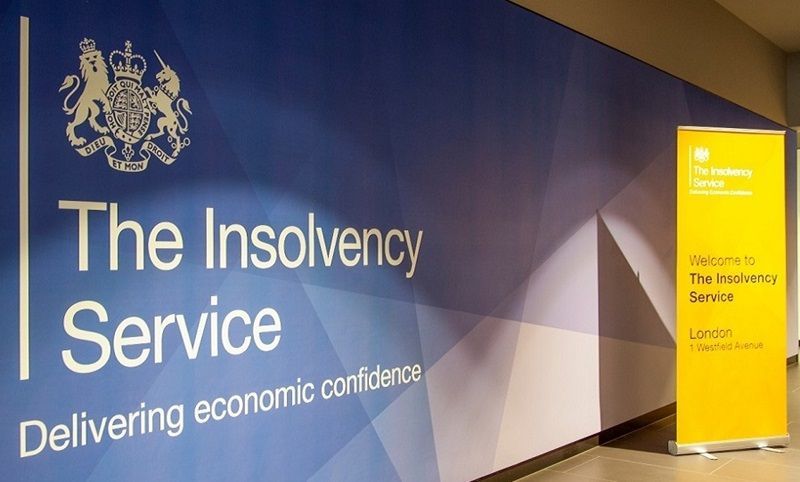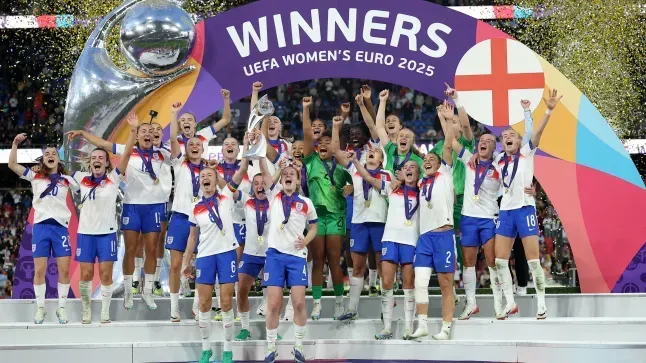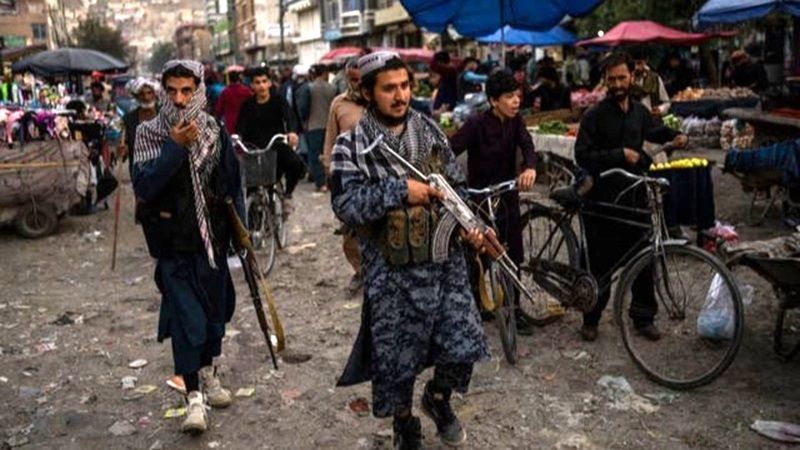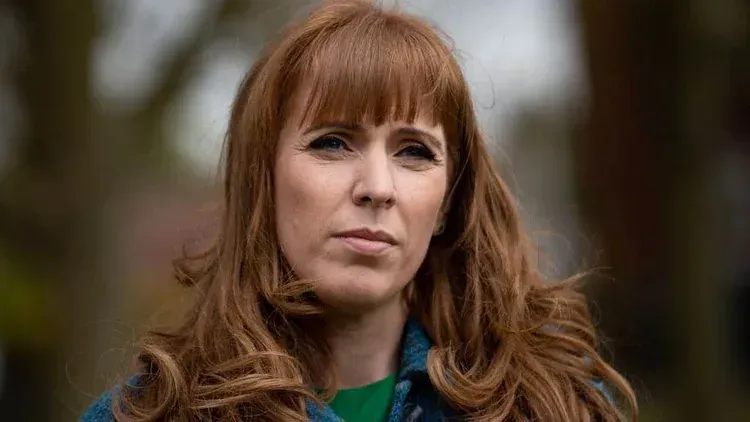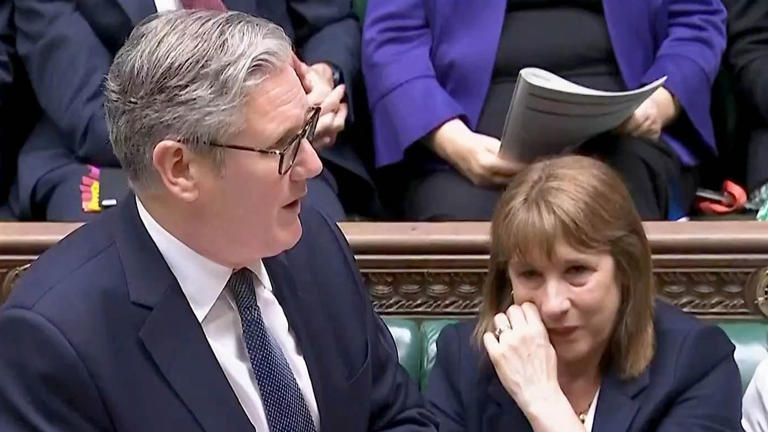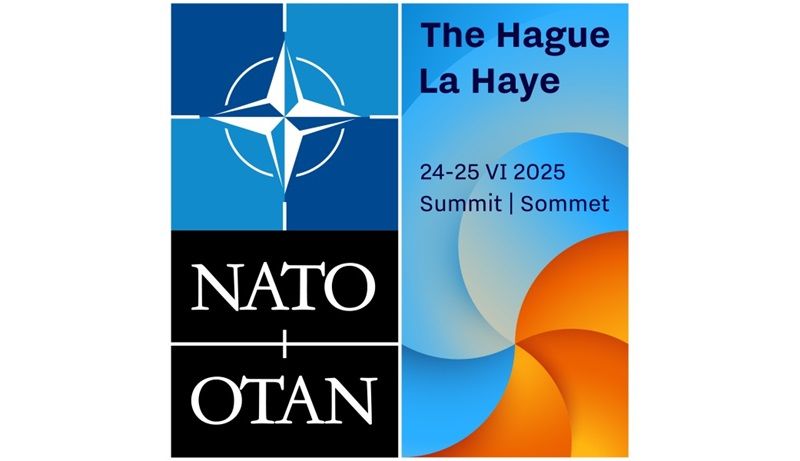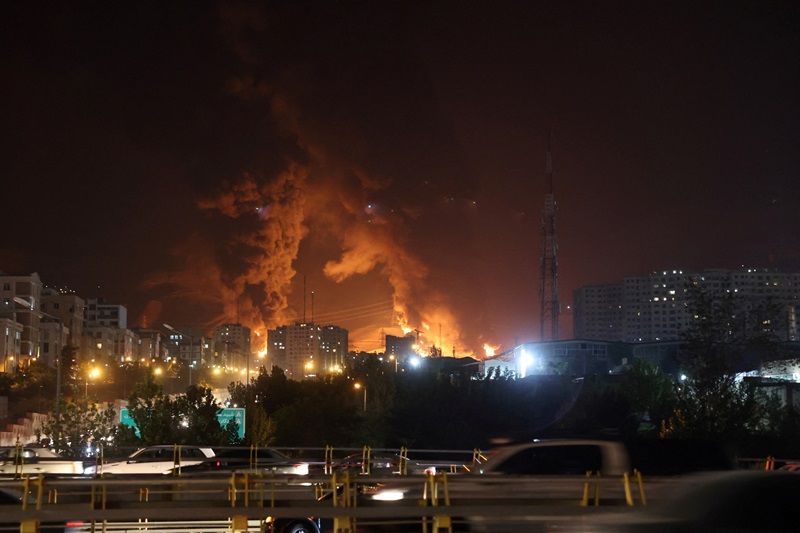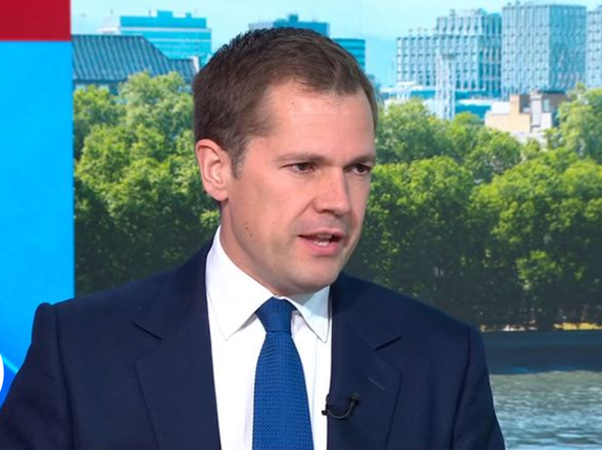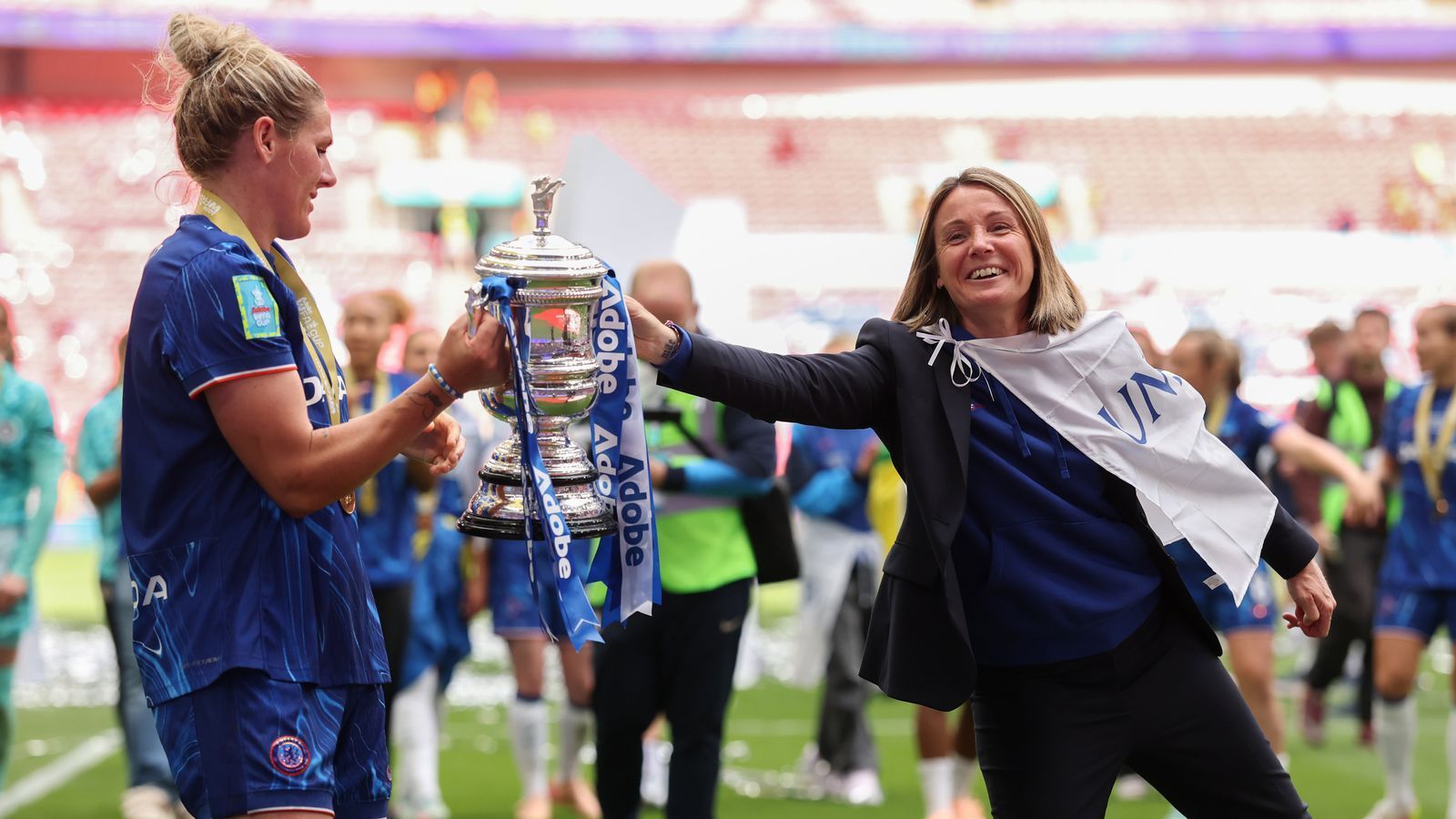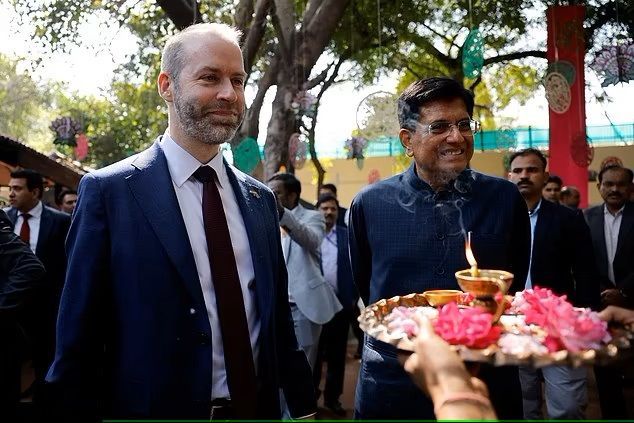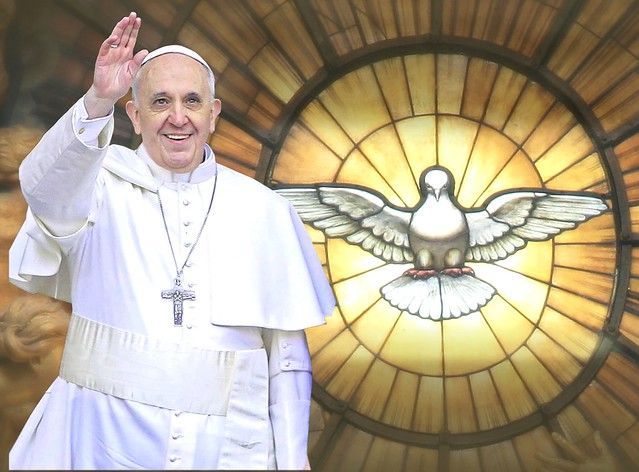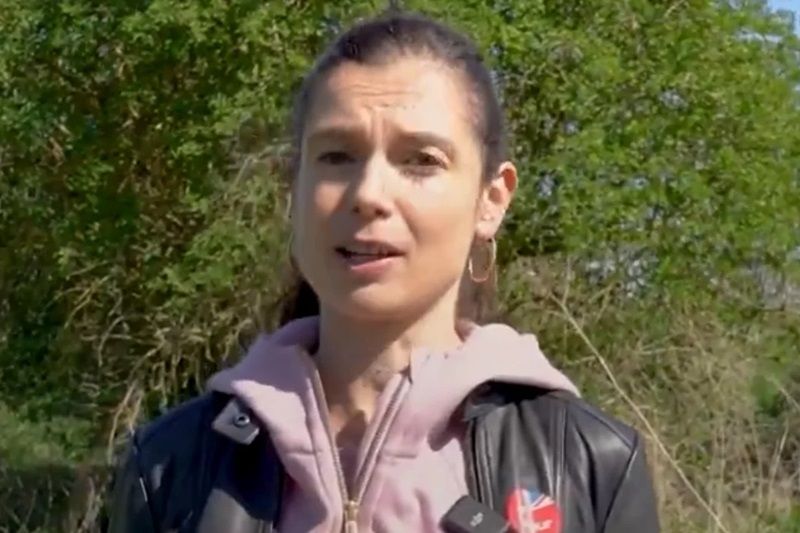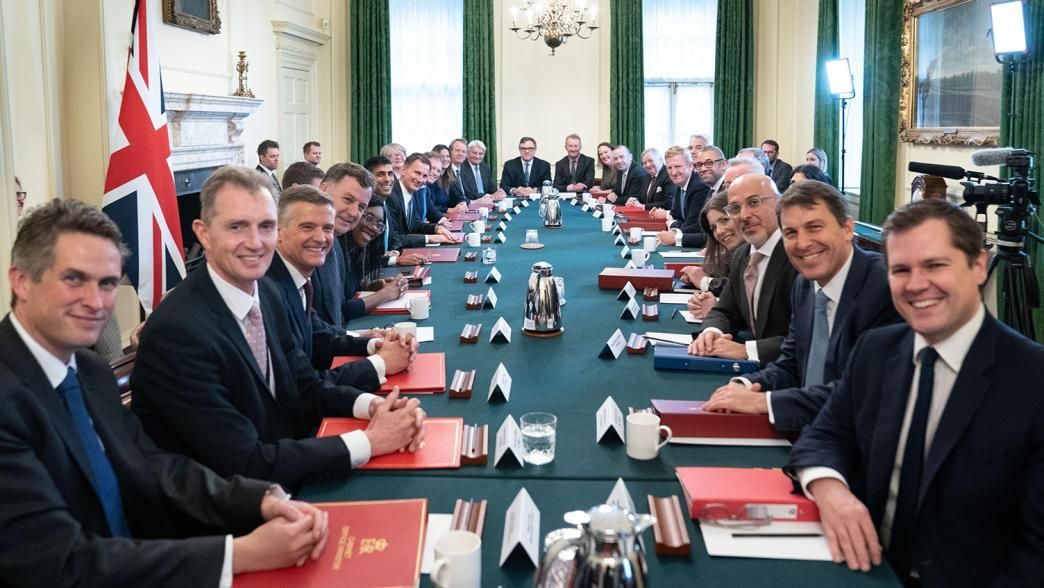BRAVERMAN LOSES HIGH COURT FIGHT WITH TRACKING "VICTIMS"
HOME OFFICE ORDERED TO CHANGE RULES THAT RESTRICT HELP FOR TRAFFICKING VICTIMS
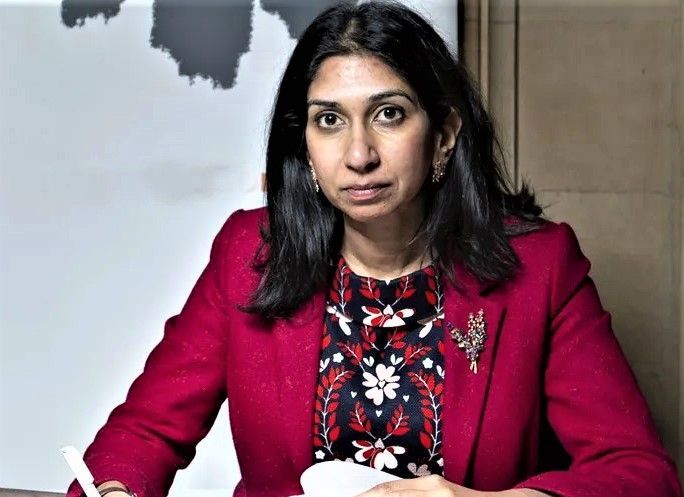
BRAVERMAN LOSES 1st ROUND of HIGH COURT FIGHT WITH TRACKING "VICTIMS"
Home Secretary Suella Braverman has lost the opening round of a High Court fight with two men believed to be victims of human trafficking. The men, both from eastern Europe, were disqualified from being given protection and support after a Home Office official learned that they had criminal records and had been given jail sentences, a judge heard.
They argued that disqualifying people, whom Home Office officials have reasonable grounds to believe are human trafficking victims, from getting protection and support because they have criminal convictions is unfair.
Mr Justice Swift on Wednesday gave the men the go-ahead to mount a legal challenge to their disqualification decisions after considering arguments at a preliminary High Court hearing, in Court Three at the Royal Courts of Justice complex in London.
The judge also barred the Home Office from making further disqualification decisions, without taking account of the outcome of initial assessments, pending the outcome of a trial.
He ruled that the two men – one has a burglary conviction and one a robbery conviction – could not be named in media reports of the case.
Ms Braverman is fighting the men’s claim and argued that they had “little prospect” of succeeding at a trial.
“There is a strong public interest in permitting the defendant to continue to apply her policy unless and until it is determined to be unlawful, particularly where (as here) the defendant is acting in the public interest,” Cathryn McGahey KC, who led Ms Braverman’s legal team, told Mr Justice Swift, in a written case outline.
Cathryn McGahey KC
“ Granting the relief sought would be wholly disproportionate. The balance of convenience, paying particular regard to the public interest, does not favour the grant of the blanket relief sought (or any interim relief).”
Lawyers representing the two men, who are from Romania and Poland, say protective measures, which include provision of safe accommodation and access to support workers, are needed to prevent victims being found by gangs and re-trafficked.
They say hundreds could be affected by the case – and called on Ms Braverman to review policy.
“Today’s decision will temporarily prevent victims of modern slavery from being driven back into the hands of the organised criminal gangs who exploited them,” solicitor Maria Thomas, who is based at Duncan Lewis Solicitors, said after Wednesday’s hearing.
Today’s decision will temporarily prevent victims of modern slavery from being driven back into the hands of the organised criminal gangs who exploited them
Solicitor Maria Thomas
“ This includes British youngsters exploited by county lines gangs and victims of forced prostitution.”
Ms Thomas added: “Now that permission to apply for judicial review has been granted we call on the Secretary of State for the Home Department to review policy to protect the British public from the scourge of criminal gangs.”
A trial is expected to take place later in the year.
HOME OFFICE ORDERED TO CHANGE RULES THAT RESTRICT HELP FOR TRAFFICKING VICTIMS
A high court judge has ordered the home secretary to change a key part of a trafficking policy introduced just months ago. In an urgent hearing on Wednesday, lawyers representing trafficking victims said they were at risk of human rights violations such as slavery, servitude and forced labour if the policy continued.
In January this year, the government introduced new rules restricting protection and support for victims of modern slavery.
One of the changes is that potential trafficking victims who have a criminal conviction are no longer automatically assessed for the support trafficking victims can access. This support may include accommodation, counselling and financial assistance.
Human rights and anti-trafficking campaigners argue that this exclusion could force some victims back into the hands of their traffickers. They include people forced to cultivate cannabis and convicted in connection with this, people forced into sex work and county lines victims.
The policy is known as public order disqualification (POD). Three potential trafficking victims who had received PODs due to criminal convictions challenged the policy in a case heard in court on Wednesday. One of the three cases was stayed.
In the course of the case, the Home Office disclosed that of 253 decisions made about this group of trafficking victims since the new policy came into force, 252 had been rejected for support. A further 131 people in this group are still awaiting a decision.
Chris Buttler KC representing the trafficking victims, argued that the new policy breached human rights laws including the prohibition against slavery. He sought a court order, which was granted by the judge, Mr Justice Swift, which stipulates that all potential trafficking victims must be assessed before any order disqualifying them from support is made. Granting the order, Swift said it would provide practical safeguards against potential human rights breaches.
A further hearing into the legality of the policy is due to be heard at the end of October.
Maria Thomas of Duncan Lewis solicitors, who represented the claimants, said the order granted on Wednesday would increase protection for trafficking victims.
“This includes British youngsters exploited by county lines gangs and victims of forced prostitution,” she said. She called on the home secretary to review the policy.
Wednesday’s high court order, which was opposed by the home secretary’s legal team, follows a previous high court challenge to another part of the new trafficking policy, during which the home secretary performed a U-turn on the type of evidence people are expected to provide to prove they have been trafficked.
The Home Office has made no comment.


